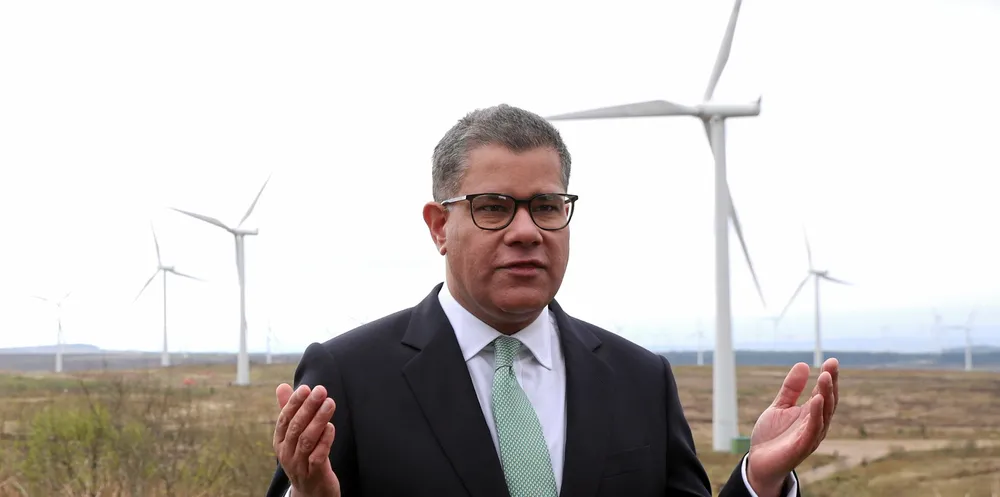COP26 rallying cry from an onshore wind farm? We'll take that as an apology, Mr Sharma
OPINION | Alok Sharma's call for an end to coal with a wind farm behind him contains some uncomfortable ironies

OPINION | Alok Sharma's call for an end to coal with a wind farm behind him contains some uncomfortable ironies
